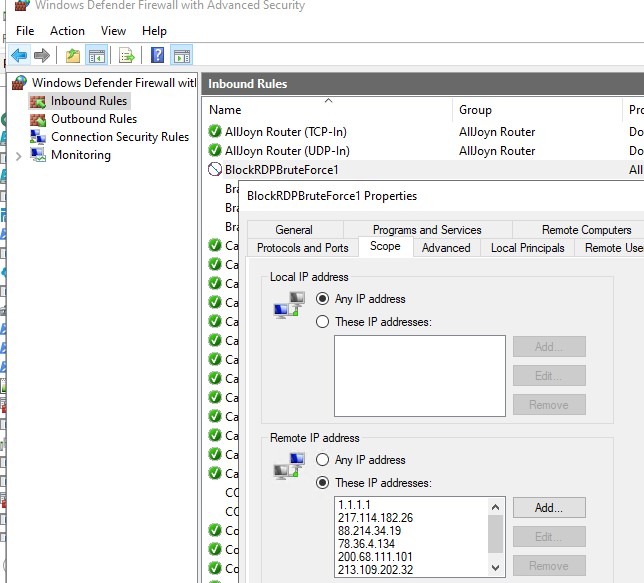How to Protect Your Server from Password Brute-Force Attacks?
Password brute-forcing is one of the most common methods of attacking servers. Attackers can use specialized programs to attempt to crack accounts by trying all possible password combinations. Fortunately, there are several ways to protect your server from such attacks. Let’s look at some of them.
Use Strong Passwords
The first and most important step to protect your server from password brute-forcing is to use strong and reliable passwords. Remember that simple passwords based on personal information (such as dates of birth or children’s names) can be easily guessed by attackers. Create unique passwords consisting of upper and lower case letters, numbers, and special characters.
Use Two-Factor Authentication
An additional layer of security for your server is the use of two-factor authentication. This method requires the user not only to enter a password, but also an additional confirmation, such as via SMS or an authentication app. This makes the authentication process more difficult for attackers.
Delay After Failed Login Attempts
To prevent password brute-forcing, you can set a delay after a failed login attempt. This will limit the number of password attempts over a certain period of time, making it difficult for attackers to successfully crack the server. You can also block IP addresses after a certain number of failed login attempts.
Update Server Software
It is very important to regularly update server software, as developers release patches and updates to fix vulnerabilities. Outdated software can be an easy target for hackers, so be sure to keep an eye on updates and install them in a timely manner.
Use a VPN
Another way to protect your server from password brute-forcing is to use virtual private networks (VPNs). A VPN creates an encrypted connection between your device and the server, which makes it impossible to eavesdrop on your traffic and protects data from attackers.
Conclusion
Protecting your server from password brute-forcing is a vital aspect of ensuring data security. By following simple precautions, you can protect your server from attacks and ensure its reliable operation. Remember the importance of using strong passwords, two-factor authentication, and regularly updating software.




